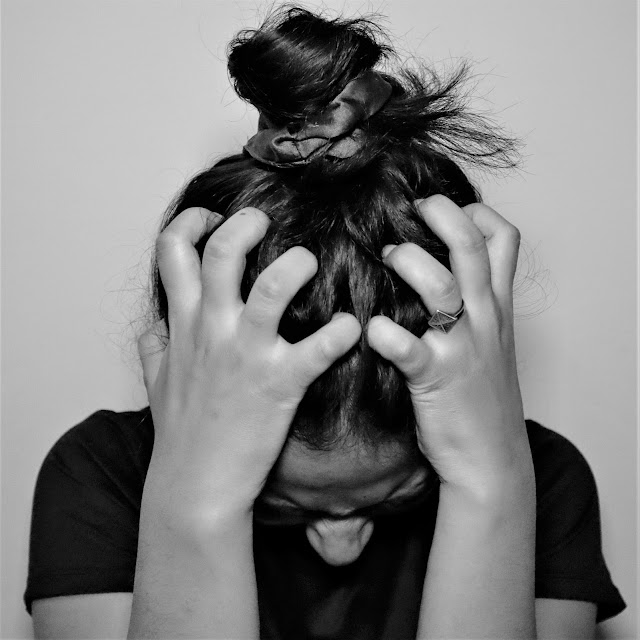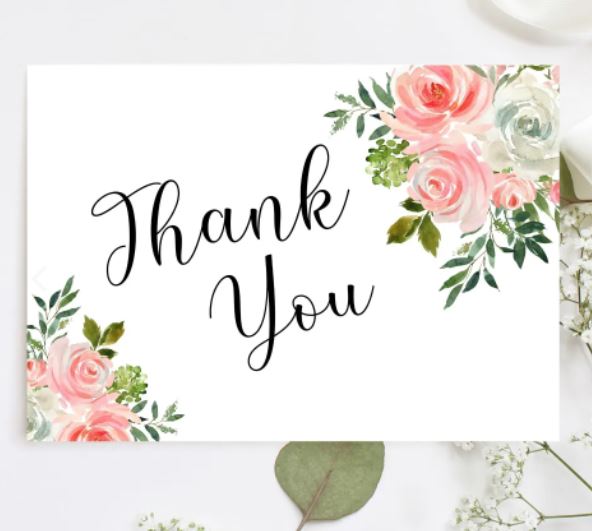 |
| Photo: Simran Sood |
ENABLING, DEPENDENCE, AND GUILT
I let others burden me with guilt.
It happens because I allow it to happen.
Back in my twenties, I was stronger. I dated a guy who threatened to stop seeing me if we didn't become intimate (I was a virgin and we had only been dating for a few months). I wasn't even sure he loved me, at least he never told me. Then he had to nerve to say, and I'm not making this up, there was no guarantee that afterward he'd still date me. Really? That was going to convince me? I told him to get lost. Screw him (pun intended). I wasn't going to let him lay a guilt trip on me.
But I've softened over the years. Become a pushover. It's really not becoming. It's not strong and it's not who I want to be.
Having no backbone, I allow people to lay guilt trips on me, like the person I'll call Tim. Tim volunteers to run errands for elderly members of our family. One time, Tim notified me that he had a scheduling conflict. Not wanting to disappoint Tim but wanting to be supportive, I filled in for him and drove 160 miles to help. A few months later, he needed my assistance again. I hesitated to reply.
This time, it bothered me. Why hadn't other options been explored? Couldn't he have asked someone who lived closer to help out? I needed advice. One girlfriend basically told me to suck it up. Wow, that surprised me—I thought she would rally behind me. But another friend told me (and let me preference by saying she's super honest and blunt) I was being used.
I finally realized that Tim had enabled elderly folks to become dependent on him.
An enabler is not necessarily a negative label. According to Healthline.com , the term “enabler” generally describes someone whose behavior allows a loved one to continue unacceptable patterns of behavior.
Healthline.com says, "Many people who enable others don’t do so intentionally. They may not even realize what they’re doing. Most people who enable loved ones don’t intend to cause harm. In fact, enabling generally begins with the desire to help."
But how did helping get so out of hand?
I don't have an answer for that. But I needed an answer for this troubling situation. Fortunately, the article gave me some direction. I learned it's okay to support the enabler, but not in ways that back the dependence.
So, the big question is, what's going to happen if Tim has another conflict?
In the past, I've said yes to appease and to avoid arguments. I let myself be imposed on because I wanted to be a team player and didn't want to cause hurt feelings. But if Tim won't consider other options, the best thing I can do for myself is to set boundaries or say no if need be.
I'm sure my behavior will be looked upon as heartless and selfish. But I have to stop worrying about how others will perceive me. I want to focus on becoming stronger. It will take practice to remain firm. But if I want to be happy, I have to put an end to being burdened with guilt.
À la prochaine!
.jpg)
.jpg)

.jpg)
.jpg)





